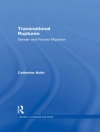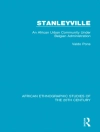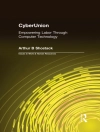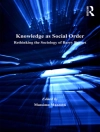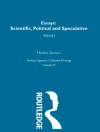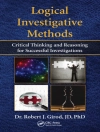′For any criminologist looking to make sense of recent developments in the field, this is the go-to book. In essays by leading specialists, it provides the latest updates on traditional theories whilst charting new directions. It also offers intepretive frameworks for criminology′s current flux and fragmentation and closely examines relationships among theory, policy, and criminal justice practice. Invaluable and indispensible!′
– Nicole Rafter, Professor, Northeastern Univer...
′For any criminologist looking to make sense of recent developments in the field, this is the go-to book. In essays by leading specialists, it provides the latest updates on traditional theories whilst charting new directions. It also offers intepretive frameworks for criminology′s current flux and fragmentation and closely examines relationships among theory, policy, and criminal justice practice. Invaluable and indispensible!′
– Nicole Rafter, Professor, Northeastern University
The SAGE Handbook of Criminological Theory re-centres theory in the boldest, most thought-provoking form possible within the criminological enterprise. Written by a team of internationally respected specialists, it provides readers with a clear overview of criminological theory, enabling them to reflect critically upon the variety of theoretical positions – traditional, emergent and desirable – that are constitutive of the discipline at the beginning of the twenty-first century.
Each chapter has been specially commissioned to include the following:
‘ A brief historical overview of the theoretical perspective
‘ Core ideas and key associated concepts
‘ A critical review of the contemporary status of the perspective
‘ Reflections on future developments
In addition the Handbook features a substantive introduction by the editors, providing a review of the development of criminological theory, the state of contemporary criminological theory and emergent issues and debates.
The SAGE Handbook of Criminological Theory is an indispensable international resource for libraries and scholars of all levels studying the rapidly developing, interdisciplinary field of criminology.


